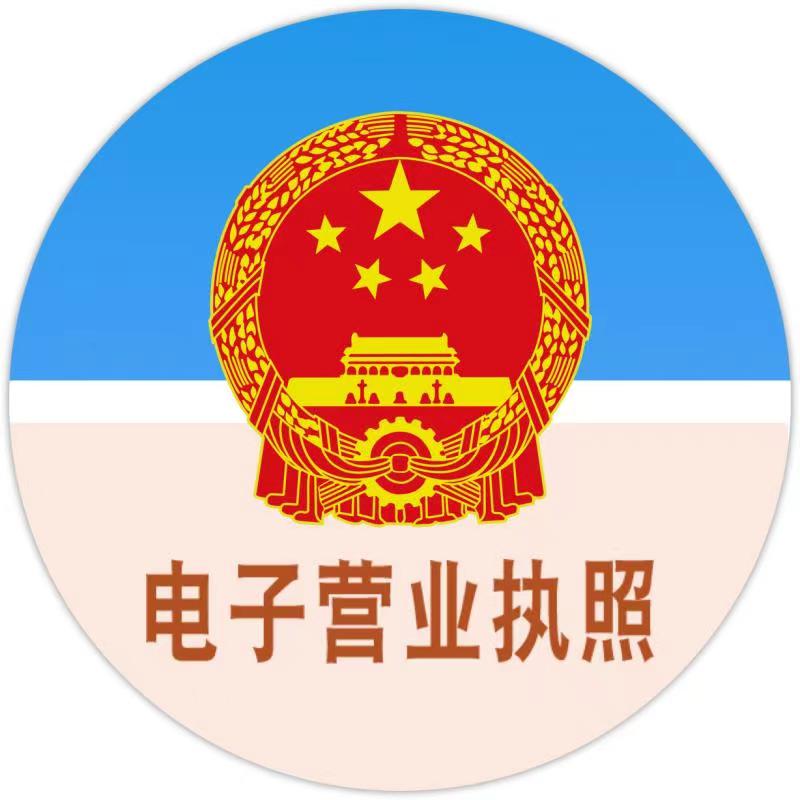The method of Tepco to analyze the activity of tritium in fi
release time:2022-12-20
According to Japan's Kyodo News, the Tokyo Electric Power Company said that the radiation monitoring related to the release of contaminated water into the sea from the Fukushima Daiichi nuclear power plant showed that the activity analysis of radioactive tritium contained in the fish was flawed. Because Tepco used the existing method to detect the activity value is higher than the actual value.
Tepco explained that the analysis was carried out inside a nuclear plant, and that it would make improvements because "tritium from the air may have mixed with it."
Tepco has been analyzing fish caught in waters around the Fukushima Daiichi nuclear plant since May at 10 locations, including Tepco and its subcontractors. The activity of tritium in fish is higher than that in seawater, and the numerical trend is different from that of the Kyushu Environmental Management Association, which has conducted previous analysis.
After comparison with the analysis method of the Nine Ring Association, it was found that Tepco and the outsourcing unit used less reagent to remove impurities and other differences. After changing the method to the same as that of the Association, the value obtained by the outsourcing unit is the same as that of the Association.
However, the analysis of Tepco has not improved even after adjusting the analysis method, and will continue to explore changing the method to the area where tritium is thought to be less mixed.
Tepco plans to release treated water containing tritium into the sea around next spring, and is collecting data for comparison to determine whether the water will affect fish.
On March 11, 2011, a 9.0 magnitude earthquake struck off the coast of northeastern Japan, triggering a massive tsunami. Due to the double impact of the earthquake and tsunami, a large amount of radioactive material leaked from the Fukushima Daiichi nuclear power plant. On April 13, 2021, the Japanese government officially decided to discharge contaminated water from the Fukushima nuclear plant into the sea after filtration and dilution. However, this decision has been widely questioned and opposed by the international community, as well as arousing strong concerns in Japan.
 Service Hotline:133-9305-7858,If you are interested or in doubt, please call!
Service Hotline:133-9305-7858,If you are interested or in doubt, please call!
YuHe Technology - dedicated to serve you!







